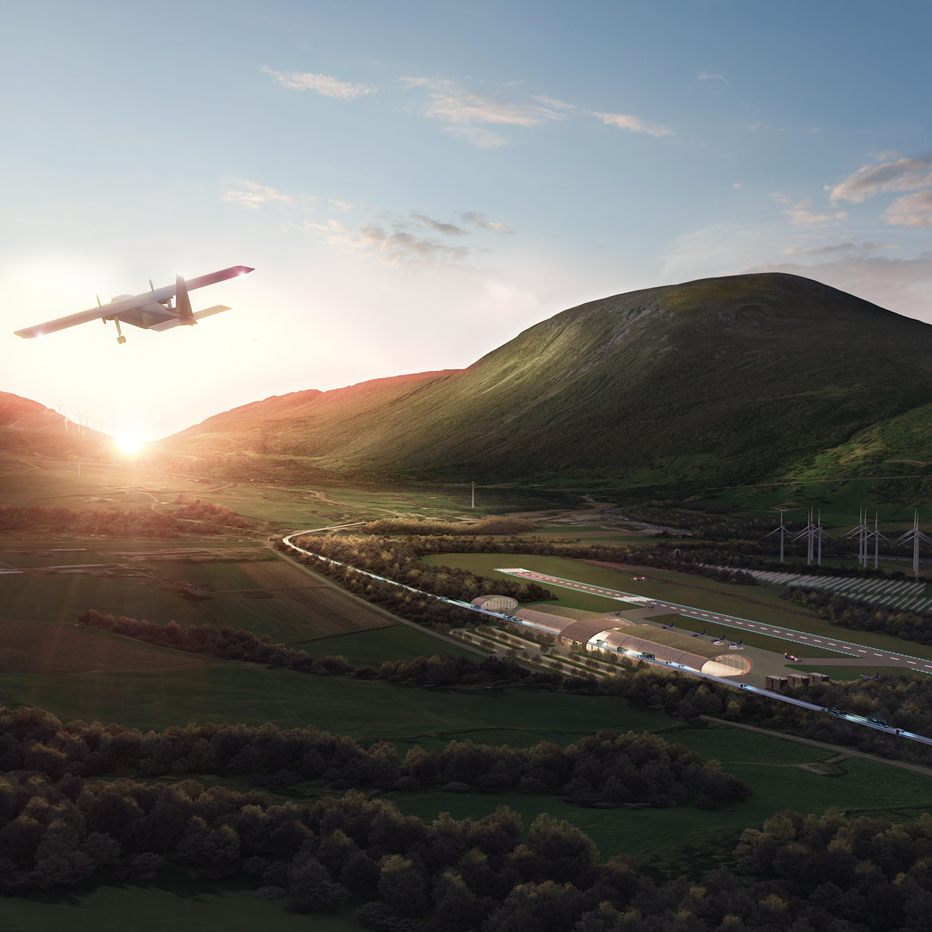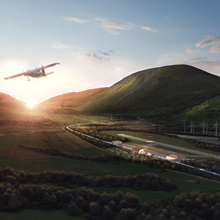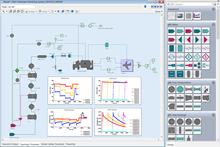Siemens and Protium today initiated the Digital Twin project, which aims to digitalise the development of green hydrogen infrastructure for aircraft. The companies will develop rapid refuelling technology via a “digital twin” approach to accelerate design and testing. This deploys a digital model of the refuelling system to explore the decision space to optimise system design, then simulate and optimise real-world performance, reducing the need for expensive prototyping.
Hydrogen technologies are essential to support the 2050 net zero target for domestic flights. Green hydrogen produced using renewable electricity can replace conventional fossil fuels; however current technology is not able to deliver the rapid refuelling essential to make hydrogen commercially viable for the aviation sector.
Dr Jen Baxter, Director of Innovation and Policy at Protium said, “This novel approach to designing refuelling systems will increase confidence and understanding in the capabilities of emerging hydrogen technology, increase uptake across the UK and accelerate the transition to zero emission flight and tackle climate change”.
Bart de Groot, Business Manager Operational Excellence Solutions, Process Automation at Siemens, adds: “Siemens is working extensively with clean energy innovators to help bring new technologies to market as rapidly as possible. We are very excited to be working with Protium to reduce time-to-market in the challenging area of zero emission flight.”
Protium is at the forefront of the aircraft industry’s green transition and is dedicated to providing a holistic energy service for achieving zero emissions. It designs, develops, finances and operates green hydrogen solutions across aviation, consumer-facing industrial applications and transport.
Siemens Process Automation is a leading supplier of advanced process modelling technology for digital design, and helps innovators accelerate new process technology to market while managing technology risk. The Digital Twin project is grant-funded by the Connected Places Catapult and the UK Department for Transport, to help advance innovative technology that will accelerate the transition to Zero Emission Flight.



